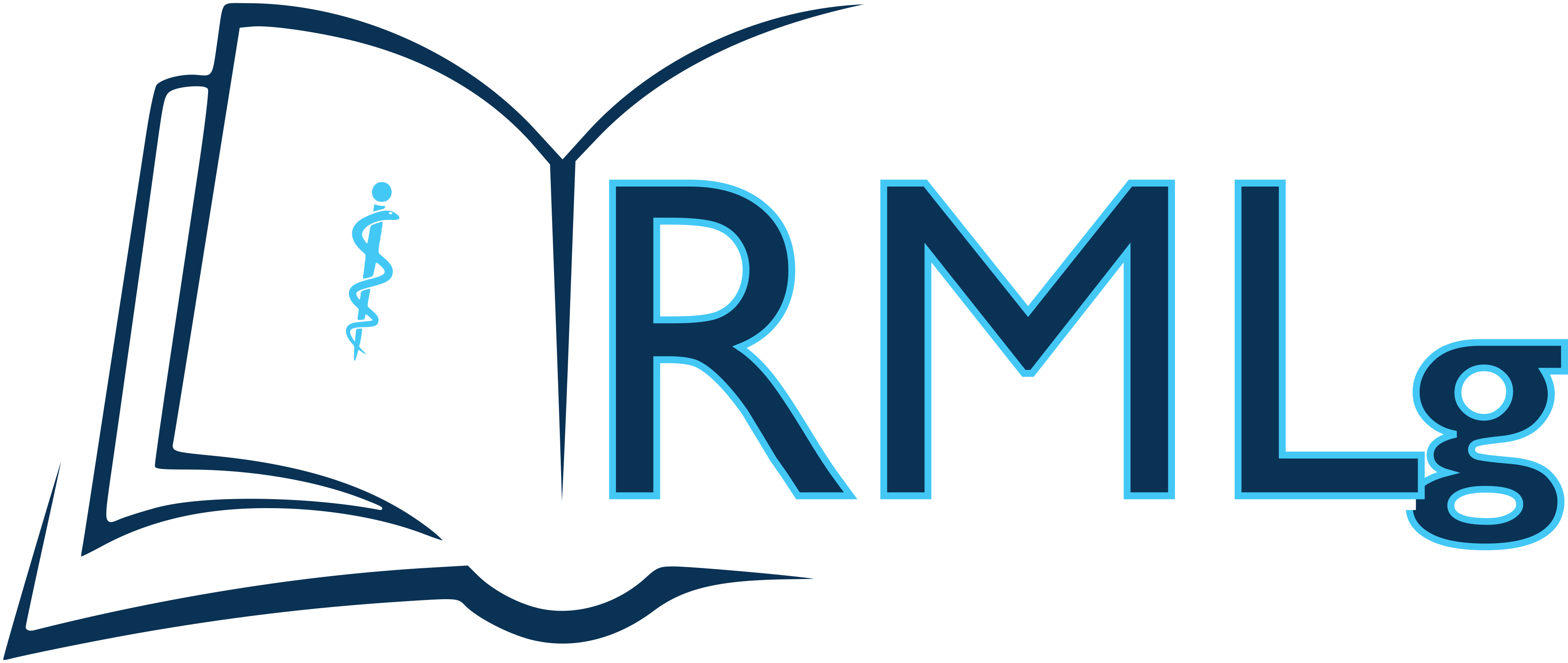-
M onoclonal antibodies and breast cancer. Current therapeutic progress
Collignon J. , Gennigens C. , Rorive A. , Coucke P. , Lifrange E. , Maweja S. , Fillet G. , Jerusalem G.
Rev Med Liege 2009, 64(5-6),279-283Abstract : About 9.500 new breast cancers are diagnosed in Belgium every year. Improvement of our knowledge of altered molecular events leading to the proliferation of tumor cells has resulted in the development of targeted therapies in subgroups of cancers. One of the first validation of targeted therapy is the anti-HER-2 monoclonal antibody trastuzumab (Herceptin®) in patients with overexpression of human epidermal growth factor receptor type 2 (HER2) occurring in 20 to 25 % of invasive breast carcinoma. Trastuzumab binds the extracellular juxtamembrane domain and is only active in tumor with HER2 gene amplification detected by fluorescence in situ hybridization (FISH). The results from randomized trials have rapidly lead to the approvement of the drug in the metastatic and then in the adjuvant setting. Another targeted therapy, also approved in the treatment of breast cancer, is the monoclonal antibody bevacizumab with an anti-VEGF (Vascular Endothelial Growth Factor) activity. We will review the benefit of these targeted therapies in breast cancer and their role in the treatment of breast cancer.

